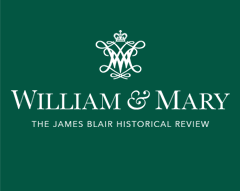Abstract
From 1843 to 1997, the United Kingdom ruled Hong Kong, which included Hong Kong Island and the Kowloon Peninsula, as a Crown Colony and British Dependent Territory. Spurred by their initial interests in controlling the opium trade, the British began their colonial role after obtaining Hong Kong from Qing China after the First Opium War and Treaty of Nanking in 1842. Under Britain’s 154 years of rule, the stable nature of British government systems and thorough economic investments caused Hong Kong to become a stable, wealthy international trade center in the twentieth century. How did Britain’s economic focus on Hong Kong, i.e. the development and implementation of its capitalist economic system, influence the decolonization process between the mid-1980s and 1990s? With rapid decolonization and the rise of communism in East Asia threatening Britain’s leading world role by the mid twentieth century, officials recognized the role Hong Kong played in Britain’s economic interests and investments, including with the potential of the developing East Asian market. With this realization, Britain aimed to protect these interests by preserving elements of Hong Kong’s capitalist economic system during the decolonization negotiations and resulting legislation in the 1980s.
Recommended Citation
Whitlock, Abby S.
(2019)
"Setting the Sun on the British Empire: British Economic Interests and the Decolonization of Hong Kong,"
James Blair Historical Review: Vol. 9:
Iss.
2, Article 3.
Available at:
https://scholarworks.wm.edu/jbhr/vol9/iss2/3

